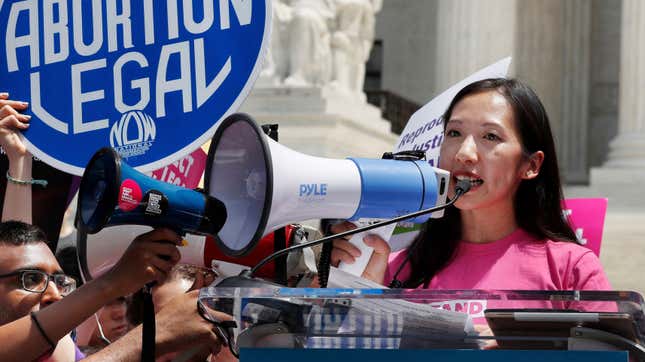Leana Wen and the Stigma of the ‘Rare’ Abortion
Latest

After largely being omitted from previous debates, Tuesday’s night Democratic presidential debate featured, finally, a discussion on abortion rights. While most candidates made impassioned—if oddly worded (cough Kamala Harris cough) and deliberately vague—calls for reproductive rights, Tulsi Gabbard staked out a position that today is at odds with her Democratic peers.
“I agree with Hillary Clinton on one thing,” she said. “In the 1990s, when Bill Clinton was president and she said abortion should be safe, legal, and rare, I think she’s correct.”
-

-

-

-

-

-

-

-

-

-

-

-

-

-

-

-

-

-

-

-

-

-

-

-

-

-

-

-

-

-

-

-

-

-

-

-

-

-

-

-








































